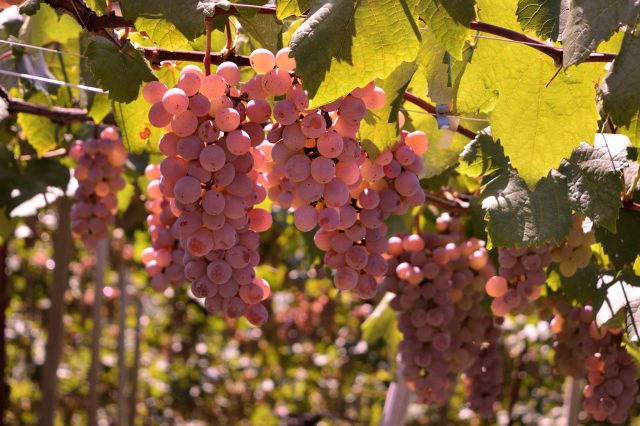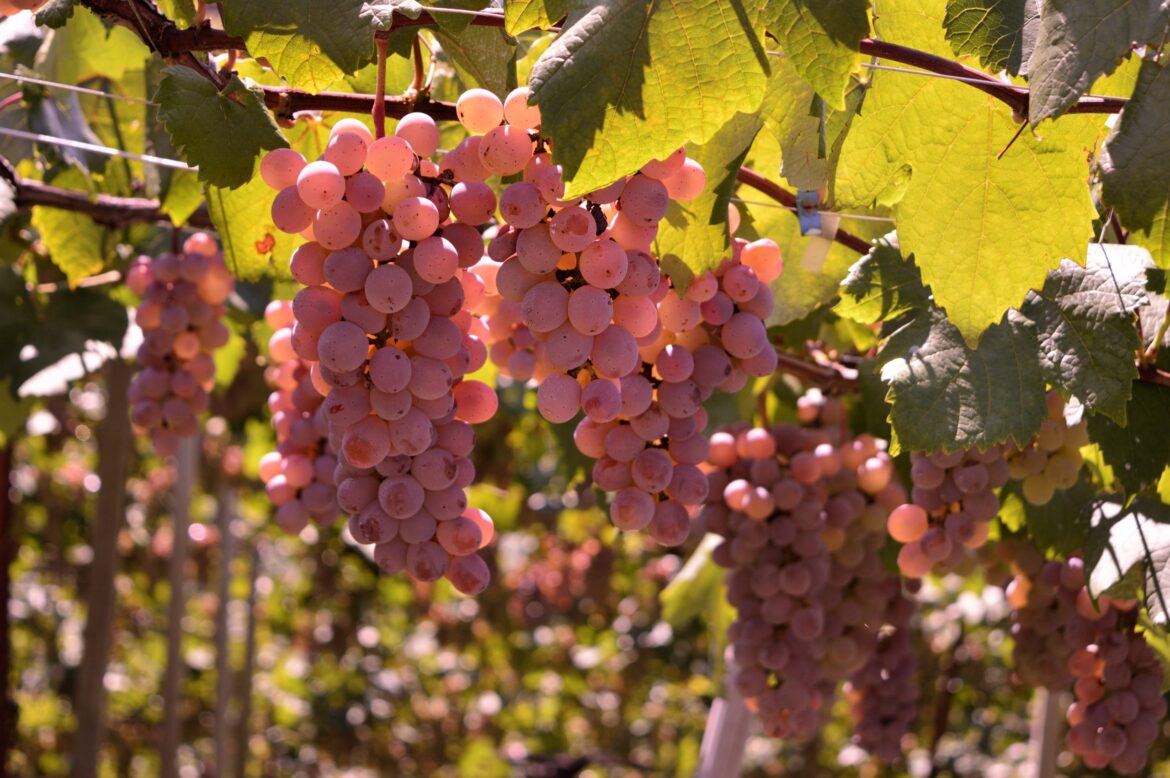The natural wine movement flourishes as Japan’s winery count surges, with export interest and global awards helping build momentum.

A recent Forbes report found that Japan’s wine industry has more than doubled in size over the past 16 years, with natural wine producers in particular attracting increasing attention from both domestic consumers and international buyers.
As of 2024, there were 493 wineries across Japan – up from 238 in 2008 – according to the Japanese government. Wineries are now present in 46 of the country’s 47 prefectures, underlining widespread viticultural potential nationwide.
Craft, culture and Koshu
Some US importers have already begun championing Japanese wine. Bretton Taylor, founder of natural wine importer D-I Wine in New York, told Forbes: “What we love about Japan’s wine is how it reflects the country’s deep dedication to craft, precision and subtlety. The same meticulous attention to detail that defines Japanese cuisine and design shows up in the vineyards and cellars.”
Since beginning imports in 2021, D-I Wine has built a portfolio of eight Japanese wineries across five regions.
Among them is Coco Farm & Winery, established in 1958 by educator Noboru Kawada as a social initiative to offer meaningful work to people with learning disabilities. The winery uses only Japanese-grown grapes, does not apply chemical fertilisers or herbicides in the vineyards, and ferments using natural wild yeast.
Coco Farm wines have earned notable acclaim – served at G7 summits and in Japan Airlines’ premium cabins. Shoko Ochi, director of communication, noted: “We started to have increasingly more export inquiries from overseas in the past few years. They seem to be interested in Japanese wine’s clear, delicate expression of the grapes, often with gentle umami.”
To highlight Japan’s micro-terroirs, Coco Farm sources grapes from trusted natural growers across the country, as well as from its own vineyards in Tochigi, Yamagata and Hokkaido. It currently produces wines from around 30 grape varieties, including native Muscat Bailey A, Tannat, Pinot Noir and Chardonnay.
Its 2019 Zweigelt, made from Austrian grapes grown in Hokkaido’s cool climate, is described as having cassis, black cherry, cinnamon, and pepper notes, with a subtle earthy finish.
Government Support and Global Recognition
Several key developments have supported the industry’s expansion. In 2002, Japan introduced designated wine districts where minimum production volume requirements were reduced from 6,000 to 2,000 kilolitres, provided local grapes were used – lowering the cost of entry for new wineries.
A year later, the Japan Wine Competition was launched to assess wines made entirely with Japanese-grown and vinified grapes. Jointly run by local prefectures and the government, the event has helped raise quality standards and industry ambition.
Japanese wines have also gained traction internationally, picking up awards at competitions including the IWSC, Decanter World Wine Awards and International Wine Challenge.
Natural Wine’s Quiet Rise
Natural wine, in particular, has captured attention. Taylor of D-I Wine said: “In Tokyo, one of the world’s most dynamic wine markets, sommeliers, chefs and wine lovers not just enjoy natural wine. They celebrate it.”
He added that Japanese importers’ commitment to natural wine is so strong that French producers will often export exclusively to Japan. “Whenever we tour or try to discover new wineries in France, the Japanese importers have already been there,” he said.
A 2024 survey of 1,500 Japanese adults found that 23.1% were interested in drinking natural wine, compared to 15.7% for organic or biodynamic wine. This suggests that consumers are drawn to natural wine’s variety and honest expression of terroir.
While no official count exists for Japan’s natural wine producers, one online shop lists 350 Japanese natural wine labels—an indication of growing demand and production.
Taylor believes the category is just beginning: “Japanese wine is still relatively new on the international stage, but it’s already carving out a unique identity—one that feels deeply tied to place, tradition, and innovation all at once.”
He described the wines as “subtle but expressive,” often with lower alcohol, umami character, and “a real sense of atmosphere.”
“They are the wines that whisper, not shout. It’s a category that rewards attention and curiosity, and we think it’s only just getting started.”
Related news
Former Waitrose wine buyer Dee Blackstock MW has died
Wine Society ups focus on fine wine
Mediterranean setting inspires Cava Jaume Serra Bouquet range


AloJapan.com